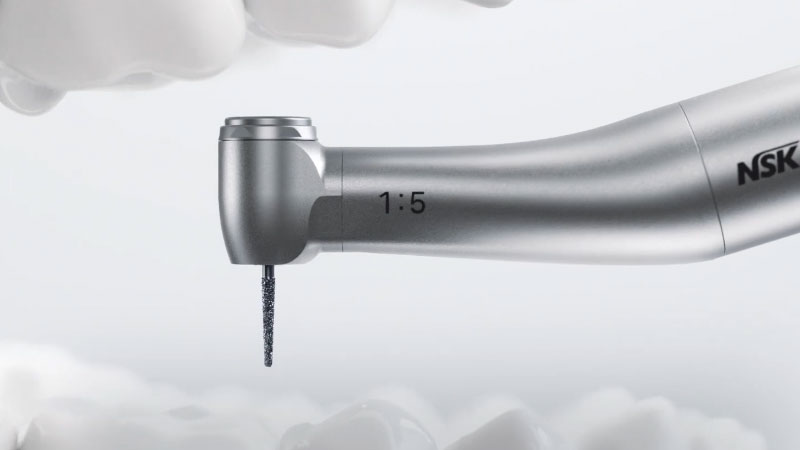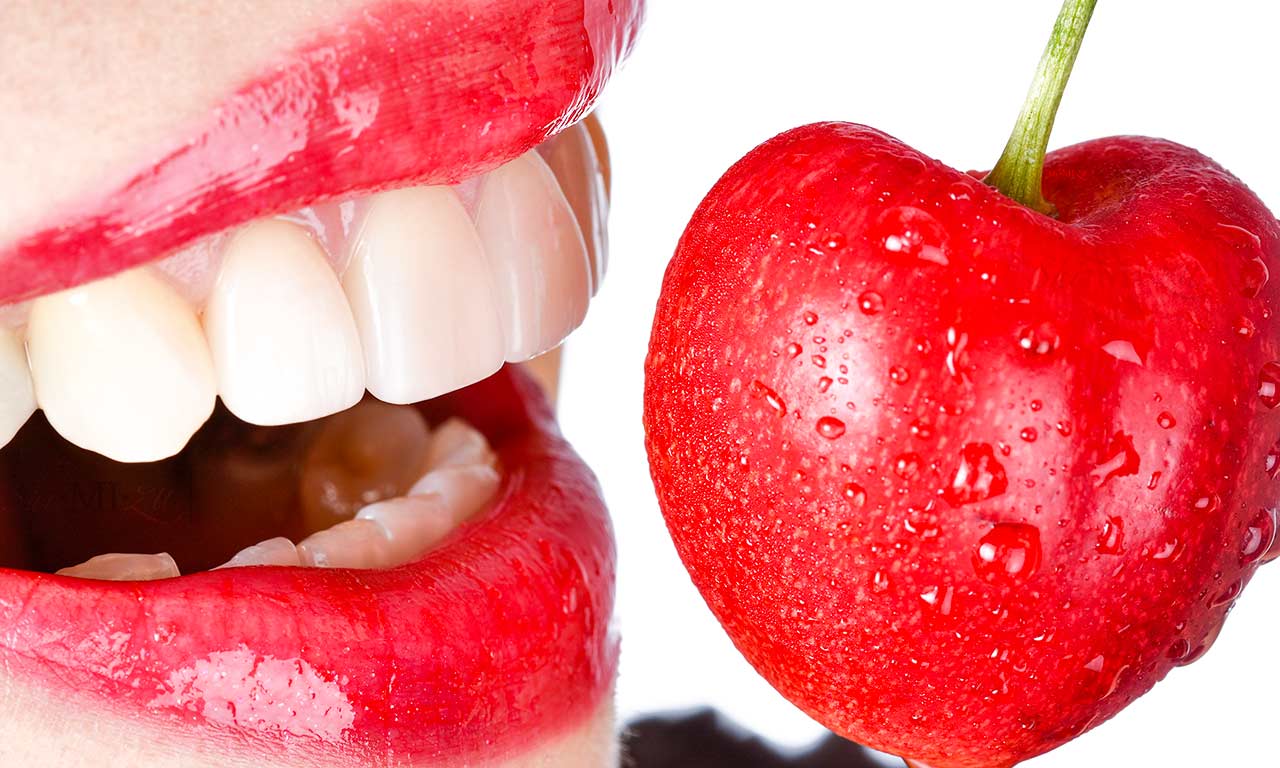Let me ask you something – when you think of having your teeth drilled, what’s the first thing that pops into your mind? That sharp, piercing sound echoing in your head, right? The thought might make you uneasy even if you haven’t undergone treatment. That piercing sound? It’s from the air turbine. Inside the handpiece, tiny blades rotate with high-pressure air, spinning the drill. This device, called an air turbine, produces that sharp noise from the rotation of the blades.

Before the invention of this air turbine about half a century ago, shaping tooth enamel was a cumbersome and time-consuming process, often causing discomfort to patients. Thanks to the air turbine, we can now efficiently and accurately remove enamel, improving the precision of dental procedures. Moreover, it significantly reduces patient discomfort, making the experience much more comfortable.
Dental high-speed turbines are precision instruments used in almost all dental specialties. They allow teeth to be cut without heat, pressure, or vibration, efficiently removing dental tissue. Since air-driven high-speed turbines rotate at speeds ranging from 200,000 to 400,000 rotations per minute, they produce that high-pitched sound. The rapid cutting generates heat, so a mist containing air is directed toward the blade to cool and lubricate the turbine’s bearings.

The Rolls-Royce jet engines on the Boeing 787 Dreamliner rotate between 2,700 and 13,000 revolutions per minute, depending on the intake and exhaust sections. The crankshaft of the Honda F1 engine used in the Red Bull Racing Team’s championship car in 2023 rotated at 15,000 revolutions per minute.

Now, diamonds are known as the hardest substance on Earth. When we measure the hardness of materials on a scale of 1 to 10, known as the Mohs scale, enamel ranks around the same hardness as quartz (Mohs hardness 7). Synthetic diamonds, produced for industrial purposes, are used in various cutting tools, including glass cutters. Surprisingly, we also use diamonds to drill teeth. Why? Because the enamel covering the tooth surface is tough.

The Mohs hardness scale measures materials’ relative hardness. It ranges from 1 to 10, with one being the softest and ten being the hardest. Diamond is the hardest naturally occurring substance on the scale, ranking 10. Enamel, the outermost layer of teeth, is rated around seven on the Mohs scale, similar to quartz’s hardness.
The front half of a dental handpiece, also called a burr, is made of steel alloy coated with materials like tungsten carbide or diamond. Rotating tools, such as burr (the attachable drill shafts) fitted into the head of a dental air turbine, come in various sizes, shapes, and materials tailored for specific uses. A dental handpiece holds the burr to execute functions smoothly. Dental turbines come in two main types: air turbine drills, which rotate with air pressure, and electric micro-motor drills, which rotate with an electric motor. The distinction is based on whether they run on air or electricity.
Differences between Air Turbine and Micro-Motor:
The main difference lies in their rotational torque. Dental handpieces come in both air turbine and micro-motor types. Air turbines have two rotation speeds: high-speed and low-speed modes. Micro-motor handpieces contain a small motor inside, rotating at speeds ranging from approximately 100 to 40,000 rotations per minute. Micro-motors provide sufficient torque even at low speeds, making them suitable for removing softer dentin or bone during root canal treatment. For implant procedures, micro-motor drills are essential for cutting through bone.

While high-speed air turbines rotate in only one direction due to air pressure, both low-speed air turbines and micro-motor drills can rotate in both directions, reducing the high-pitched noise compared to high-speed turbines. Micro-motor drills provide torque but lower rotational speeds than air turbines, making air turbines more suitable for cutting through the hard enamel surface during cavity treatment.

Miniature bearings support these high-speed rotations. Bearings reduce friction during rotation and are commonly used in rotating shafts within machinery. Ball bearings, containing steel balls or cylindrical rollers, are used in dental handpieces. The surface of ball bearings, especially those with steel balls, undergoes ultra-precision surface treatment to minimize friction during rotation. With surface irregularities as small as 0.00001mm, ball bearings ensure precise and stable rotations, even at extremely high speeds.
We use handpieces powered by two methods, adjusting the drills at the tip for various applications and areas. A clear view of the drill tip during shaping is crucial to create smooth surfaces without gaps. Precision shaping ensures minimal gaps between fillings and the tooth, reducing the risk of decay. Unlike natural teeth, where decay is less likely to form, fillings and restorations adhere to teeth with adhesive. Over time, this adhesive deteriorates, leading to gaps where decay can occur if the shaping isn’t precise. Using a microscope lets us see intricate details and ensures precise shaping, creating smooth bonding surfaces.
1), 5), & 6): Image Source: nskdental.com
2) Image Source: www.lb.boeing.com
3)) Image Source: Honda. Racing/f1
4)Image Source: DeBeersgroup.com

